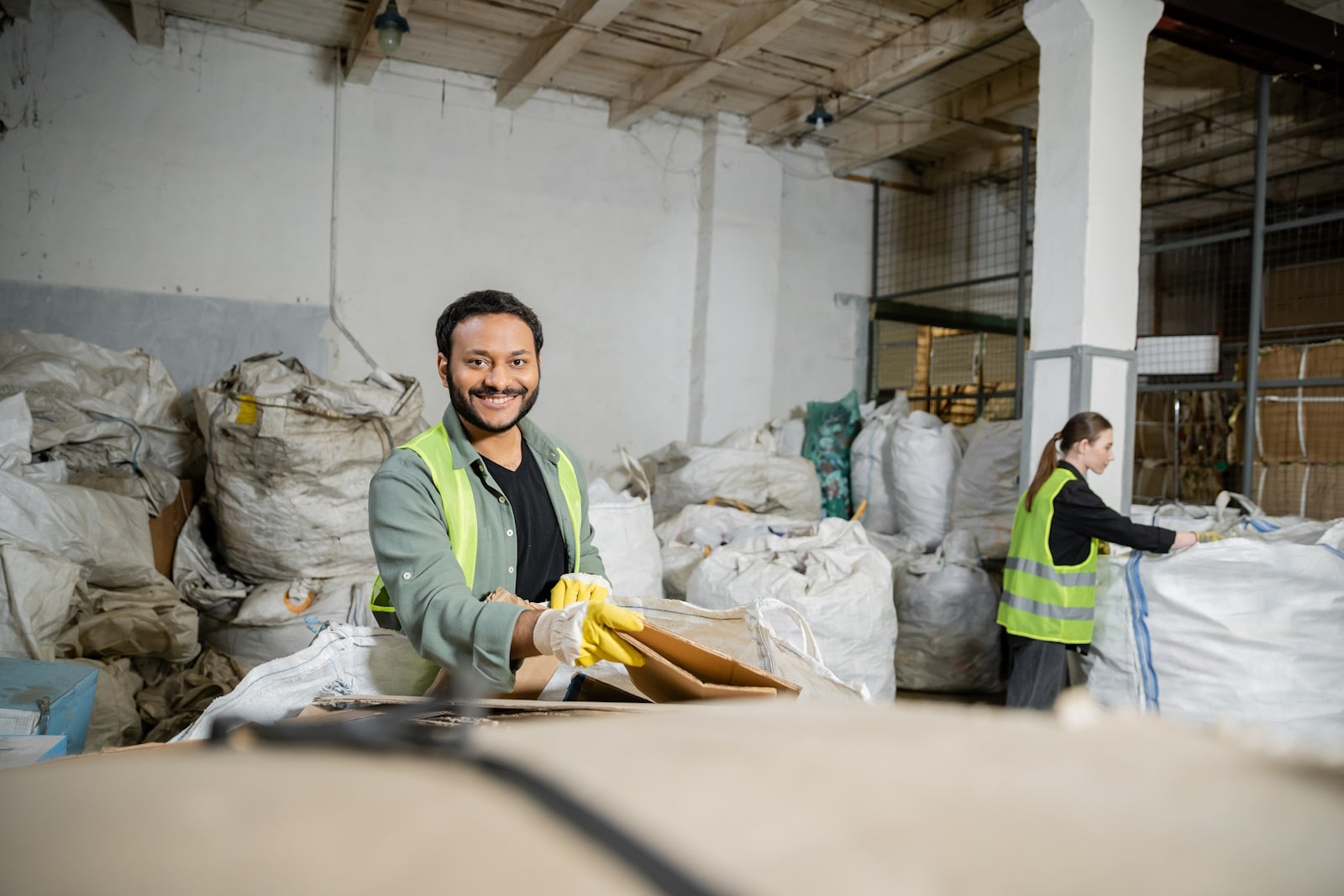Waste Management Companies: Trends and Innovations
As the world faces an ever-growing waste crisis, the role of waste management companies has become more crucial than ever. With population growth, rapid urbanisation, and increasing consumption of goods, waste production is at an all-time high. Yet, effective waste management remains a challenge in many parts of the world. In South Africa, especially, sustainable waste solutions are a pressing concern as the country grapples with environmental pollution and the need for innovative recycling strategies.
This blog explores the latest trends in waste management, focusing on e-waste, recycling innovations, and biodegradable waste solutions, with a spotlight on A-Thermal’s contributions to these areas.
E-Waste: The Growing Need for Responsible Disposal
Electronic waste, or e-waste, is one of the fastest-growing waste streams globally. In 2024, the global e-waste total reached a staggering 53.6 million tonnes, a rise driven by increased consumer electronics use. With e-waste containing hazardous materials such as lead, mercury, and cadmium, improper disposal poses severe environmental and health risks. Yet, a mere 17.4% of global e-waste is properly recycled, leaving valuable materials like gold, silver, and copper locked away in landfills or incinerators.
In South Africa, the importance of e-waste recycling is becoming increasingly recognised. The government has taken significant steps to address this issue, particularly with the introduction of the National Environmental Management: Waste Act and the Waste Electrical and Electronic Equipment (WEEE) regulations. These policies require companies and individuals to ensure responsible disposal of electronic goods. However, many challenges remain, particularly with enforcement and public awareness.
Recycling Innovation: The Future of Waste Recovery
Recycling has long been one of the cornerstones of effective waste management. But traditional recycling methods are no longer enough. New technologies are revolutionising how waste is sorted, processed, and reused. One of the most exciting innovations is advanced sorting technology, which uses artificial intelligence (AI) and robotics to improve recycling efficiency. Automated systems equipped with optical sensors and AI algorithms can accurately identify and separate materials, reducing contamination and increasing the quality of recycled materials.
In addition to sorting, enhanced materials recovery techniques such as chemical recycling and pyrolysis are emerging as solutions for harder-to-recycle waste. Chemical recycling breaks down plastic waste into its original monomers, allowing it to be reused without degrading the material. Pyrolysis, on the other hand, involves heating waste to high temperatures in the absence of oxygen, turning it into valuable products like biofuels and chemicals.
Waste management companies that adopt these technologies, like A-Thermal, are setting the standard for how to efficiently and sustainably manage waste. These advanced solutions not only help reduce the volume of waste but also significantly increase the recovery rates of valuable materials, pushing the industry towards a more circular economy.
Biodegradable Waste Solutions: Beyond Plastics
The rise of biodegradable materials offers a promising alternative to traditional plastics, which take hundreds of years to break down in landfills. Biodegradable waste, made from organic materials such as food scraps, paper, and certain plastics, decomposes much faster and has a much lower environmental impact.
However, managing biodegradable waste presents its own challenges. While biodegradables decompose naturally, they still need to be handled properly to avoid creating methane emissions, a potent greenhouse gas, when they break down in landfills. Solutions such as composting and anaerobic digestion are proving to be effective in handling organic waste. Composting transforms biodegradable waste into nutrient-rich soil, while anaerobic digestion uses bacteria to break down organic matter and produce biogas, which can be used as a renewable energy source.
In South Africa, biodegradable waste management is gaining momentum, with more waste management companies adopting composting and biogas technologies to reduce the environmental impact of organic waste. A-Thermal has been a key player in promoting sustainable waste management practices, working to incorporate biodegradable solutions into their waste processing systems.
The Role of A-Thermal in Sustainable Waste Management
At A-Thermal, we are committed to helping South Africa lead the way in sustainable waste management. By integrating innovative solutions like advanced sorting technologies, enhanced recycling processes, and biodegradable waste systems into our operations, we ensure that more materials are recycled, reused, and returned to the economy. Our focus on responsible e-waste management and our use of the latest technologies in recycling align with both local regulations and global sustainability goals.
Our team is passionate about providing comprehensive waste management services that not only benefit businesses but also contribute to a cleaner, greener planet. We encourage you to contact us to learn more about how we can help your company meet its sustainability goals while adhering to South Africa’s waste management laws.







